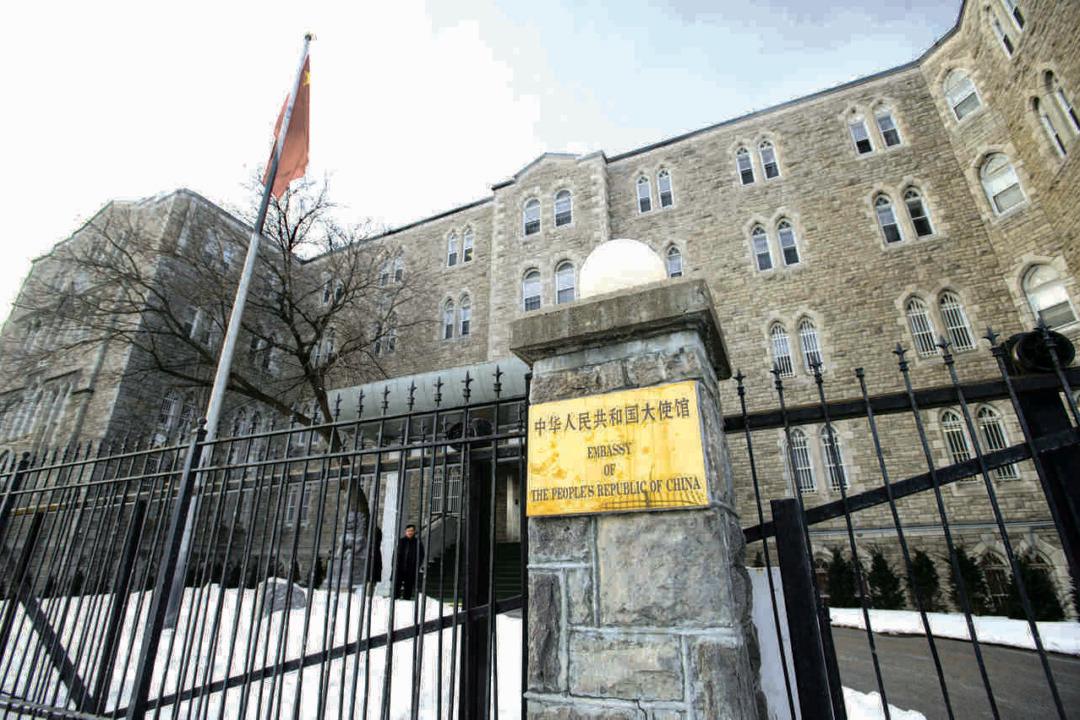Although warnings about China’s influence operations in Canada have been raised for decades, they have been largely dismissed by those in power. The public inquiry into foreign interference set to begin on Jan. 29 represents a rare move by the federal government to take a systematic, in-depth look at the problem—though some say it may not be enough.
“It’s going to be skin-deep,” former Conservative MP Kenny Chiu told The Epoch Times last December, referring to his doubts about the significance of the inquiry. He and others have raised questions about the way the inquiry is being managed and its parameters.





